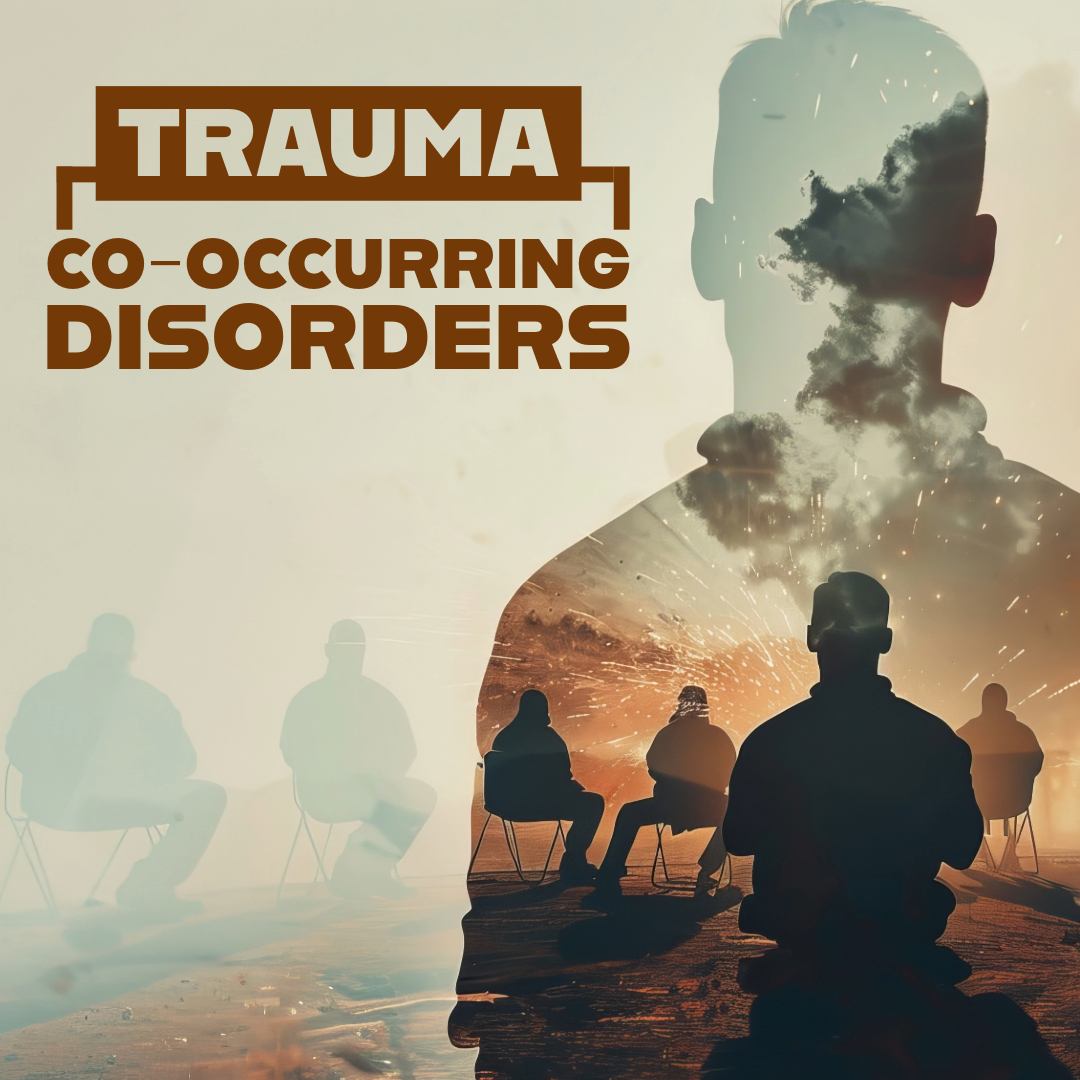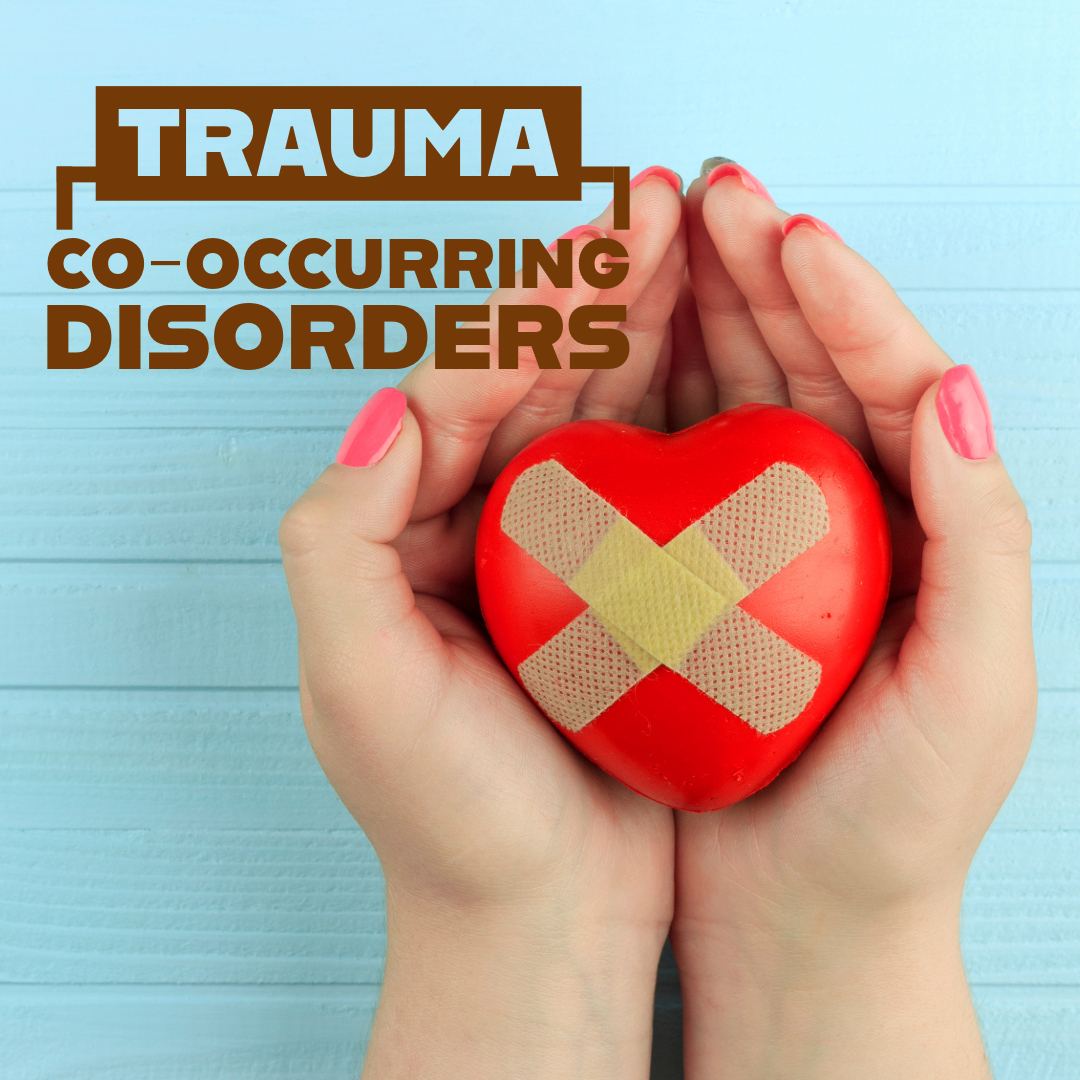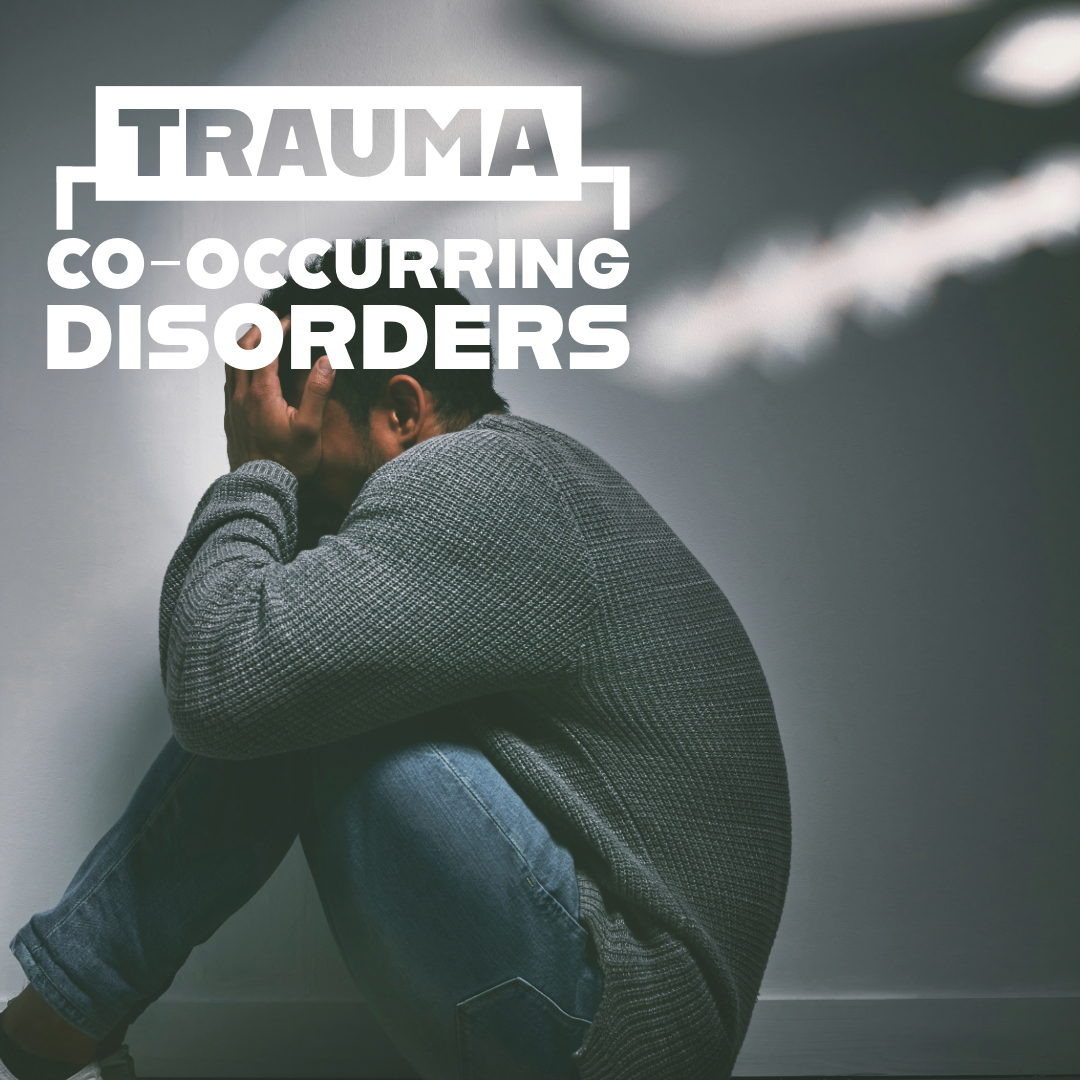Trauma often leaves deep scars, impacting both mental health and behavior. It plays a significant role in the development of co-occurring disorders, particularly addiction and substance abuse. Many individuals battling addiction have experienced trauma, creating a complex relationship between past experiences and present struggles. Understanding this connection is crucial for adequate recovery and healing. By addressing both trauma and addiction together, we can provide a more comprehensive path to recovery, offering hope and healing to those in need.
Prevalence of Co-occurring PTSD and Substance Use Disorders
The relationship between post-traumatic stress disorder (PTSD) and substance use disorders (SUDs) is significant. Estimates suggest that between 25% to 49% of individuals with PTSD also struggle with substance use disorders. In the United States alone, approximately 9.5 million adults experience co-occurring disorders, underscoring the widespread nature of this issue.
Understanding the prevalence of these co-occurring disorders highlights the importance of integrated treatment approaches. By recognizing the link between trauma and addiction, we can better support individuals on their journey to recovery.
PTSD and Substance Use
The interplay between PTSD and substance use is profound and multifaceted. While around 90% of people experience a traumatic event in their lifetime, only about 10% develop PTSD. Yet, in 2020, approximately 13 million Americans were living with PTSD.
Veterans, in particular, face unique challenges. More than 2 in 10 Veterans with PTSD also have a substance use disorder. Furthermore, nearly 1 in 3 Veterans seeking treatment for substance use disorders also contend with PTSD.
These statistics emphasize the importance of addressing both PTSD and substance use in treatment. By acknowledging their coexistence, we can develop more effective strategies for healing and recovery.

Trauma’s Impact on Addiction Development
Traumatic experiences significantly influence the development of co-occurring disorders. Here’s how trauma impacts addiction:
Self-Medication
Many individuals turn to substances as a way to cope with PTSD symptoms. They attempt to alleviate anxiety and avoid reliving traumatic experiences through self-medication. While this may provide temporary relief, it often worsens the situation, leading to substance use disorders.
Brain Changes
PTSD can alter brain function, enhancing the rewarding effects of certain substances. This increases the likelihood of continued substance use, creating a cycle that’s difficult to break.
Common Risk Factors
Several factors contribute to the risk of both PTSD and substance use disorders. These include genetic vulnerabilities, acute stress, and exposure to trauma. These shared risk factors often lead to the development of co-occurring disorders.
Risky Behaviors
Substance use disorders may lead individuals to engage in risky behaviors, increasing the chances of experiencing further traumatic events. This cycle perpetuates the link between trauma and addiction, making recovery more challenging.
Types of Trauma Contributing to Co-occurring Disorders
Trauma manifests in various forms, each capable of leaving lasting impacts on mental health. Here are some common types of trauma that can contribute to co-occurring disorders:
- Physical or Sexual Abuse: These experiences can leave deep emotional scars, increasing vulnerability to mental health and substance use disorders.
- Accidents: Traumatic events such as car accidents can lead to significant psychological distress.
- Natural Disasters: Experiencing events like hurricanes or earthquakes can result in lasting trauma.
- Witnessing or Experiencing Violence: Exposure to violence can severely impact mental health, often leading to PTSD and related issues.
When trauma remains unaddressed, it can result in the development of both mental health and substance use disorders. Recognizing and treating these traumas is essential for effective recovery and long-term healing.
Treatment Approaches
Addressing co-occurring disorders requires a comprehensive treatment plan that tackles both PTSD and addiction simultaneously. Integrated treatment is now the standard of care, showing more positive outcomes than treating each disorder separately.
Effective Treatment Methods
- Seeking Safety (SS) Therapy: This therapy focuses on coping skills to help individuals feel safe and manage PTSD symptoms without resorting to substance use.
- Cognitive-Behavioral Therapy (CBT): CBT helps individuals understand and change their thought patterns, reducing the impact of trauma and the urge to self-medicate.
- Dialectical Behavior Therapy (DBT): DBT combines cognitive-behavioral techniques with mindfulness strategies to address emotional regulation and stress management.
- Contingency Management (CM): This approach uses positive reinforcement to encourage sobriety and adherence to treatment plans.
These treatment methods provide a structured and supportive environment for recovery, addressing both the psychological and behavioral aspects of co-occurring disorders. Trauma-informed care is essential to ensure that individuals receive compassionate and effective treatment.

Conclusion -Trauma and Co-occurring disorders
The strong connection between trauma and co-occurring disorders, particularly regarding addiction and substance abuse, underscores the need for comprehensive care. By recognizing the role trauma plays in these disorders, we can provide more effective and compassionate treatment. Integrated approaches that address both PTSD and addiction offer a path to recovery that is both healing and empowering. Embracing trauma-informed care allows individuals not only to recover but also reclaim their lives with renewed hope and purpose.

Call Liberty Addiction Recovery Centers
If you or a loved one are struggling with trauma and addiction, seeking professional help is a crucial step. Explore the integrated treatment options available at Liberty Addiction Recovery Centers, where compassionate care and expert guidance can lead to lasting recovery.
FAQs on Trauma and Co-occurring Disorders
- What are co-occurring disorders?
Co-occurring disorders refer to the presence of both a mental health disorder and a substance use disorder in an individual. These conditions often interact, making treatment more complex but achievable with integrated approaches.
- How does trauma lead to substance use disorders?
Trauma can lead individuals to self-medicate with substances to manage symptoms like anxiety and distress. This coping mechanism can evolve into a substance use disorder, as the temporary relief from symptoms often results in increased substance dependency.
- Why is integrated treatment important for co-occurring disorders?
Integrated treatment addresses both the mental health disorder (like PTSD) and the substance use disorder simultaneously. This approach is more effective than treating each disorder separately, as it considers the interaction between the two and provides comprehensive care.
- What types of therapy are effective for treating co-occurring disorders?
Effective therapies include Seeking Safety (SS) therapy, Cognitive-Behavioral Therapy (CBT), Dialectical Behavior Therapy (DBT), and Contingency Management (CM). These therapies help individuals develop coping skills, change negative thought patterns, and manage emotions.
- Can veterans with PTSD and substance use disorders find specialized treatment?
Yes, many treatment centers offer specialized programs for veterans with PTSD and substance use disorders. These programs are designed to address the unique challenges veterans face, providing tailored support for recovery.






